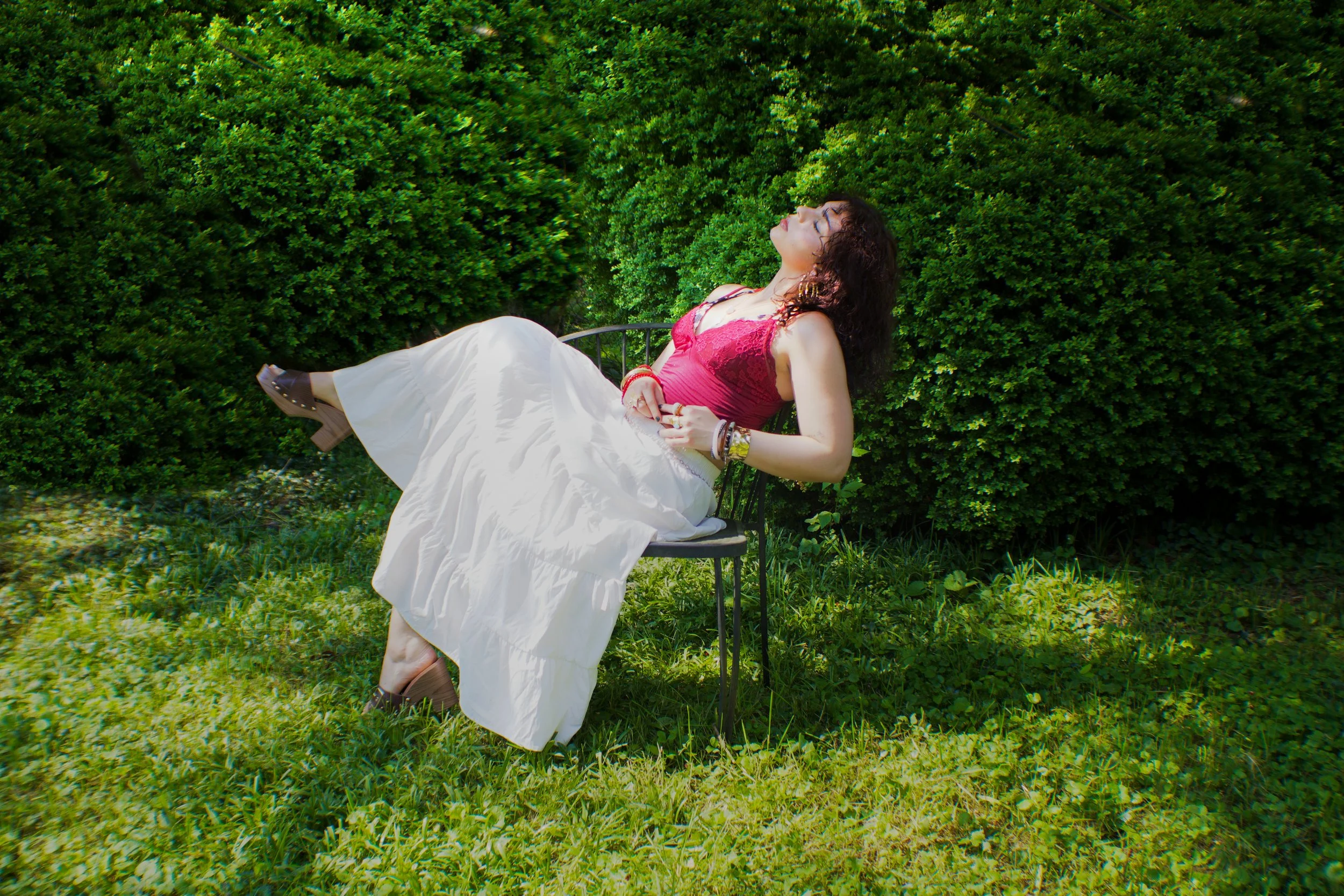
This shoot may look carefree on the outside, but behind the lens was a deep ache—an ache for my island, my people, my heritage, and the stories that are constantly silenced or sold off.
I often repost in support of causes I care about, but today, I want to say it clearly: what’s happening in Puerto Rico is layered in injustice. The gentrification we’re seeing is modern-day colonization—ethnic cleansing disguised as development. Privilege looks like visiting our land for its beauty, then calling it a “trash Island” when the culture feels too unfamiliar. It’s building resorts where our homes once stood. It’s killing our beloved coquí frogs—symbols of our heritage—like killing eagles in D.C., and then wondering why we mourn.
Why the coquí matters:
The coquí isn’t just a frog—it’s the soul song of Puerto Rico. Spiritually, it’s seen as a guardian of the night. Its distinct call—“co‑kee! co‑kee!”—is believed by many to bring protection, connection, and peace. When the coquí sings, the island feels alive and watched over.
In Puerto Rican folklore, the coquí was revered by the Taíno people—our island’s Indigenous ancestors. They believed the frog was sacred, tied to the land, to fertility, and to ancestral spirits. One story says a goddess created the frog after a young boy named Coquí was taken too soon. She gave his name to this tiny creature so his spirit could live on—calling out every night, never forgotten. That cry became the sound of the island’s memory.
Folklore aside, the coquí is our identity. The phrase “Soy de aquí como el coquí” means I’m from here like the coquí—I belong here. These frogs only survive in Puerto Rico. Just like us, they need the land, the people, and the culture to thrive. When outsiders disrupt that balance, they’re not just threatening an ecosystem—they’re threatening our soul.
And we’re seeing that now: through climate change, habitat destruction, gentrification, and yes—even American tourists killing them simply because their natural call is deemed “annoying.” But that sound is more than noise—it’s history, spirit, and survival. Their silence would not just be an ecological loss—it would be a cultural erasure.

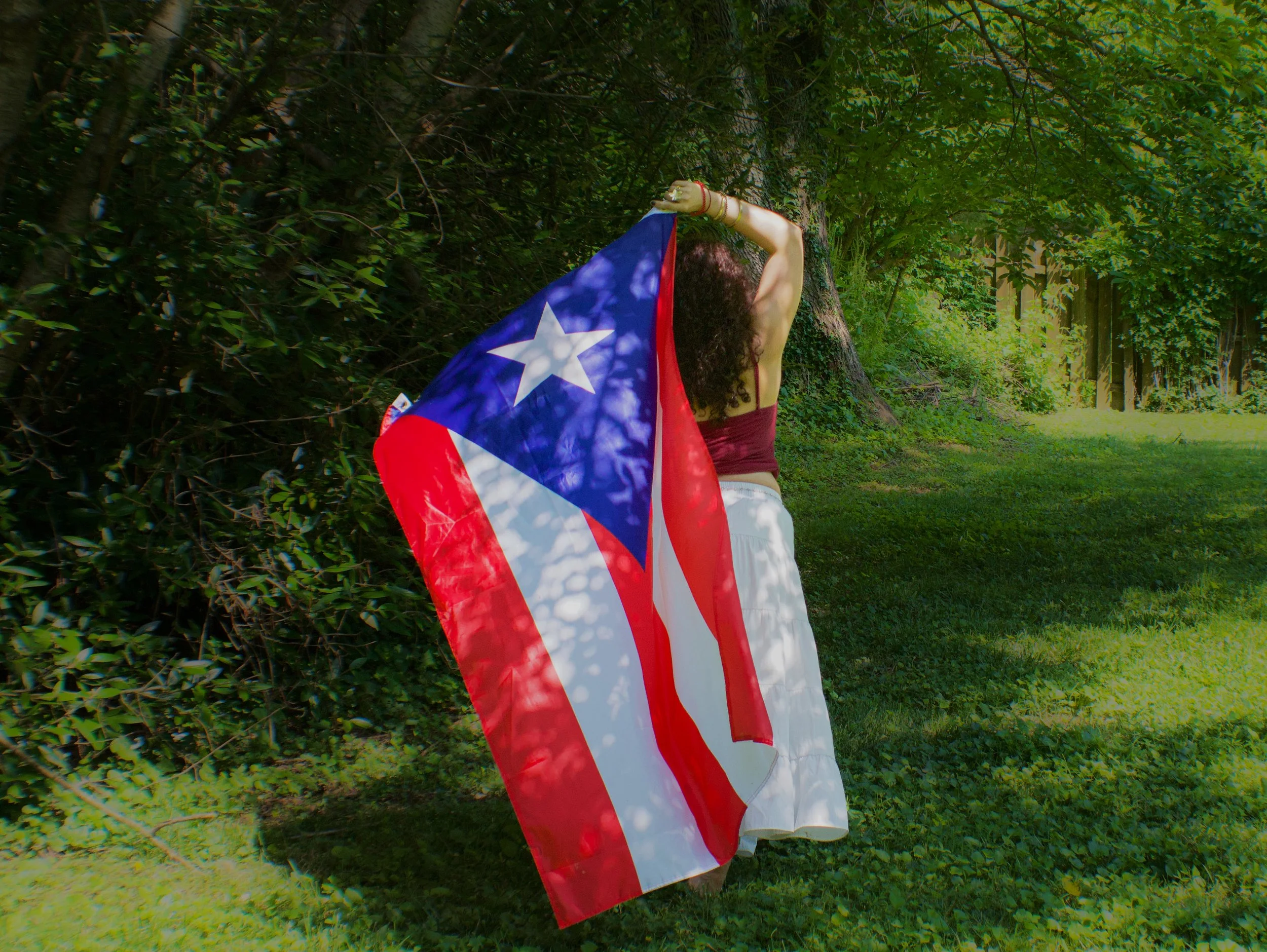
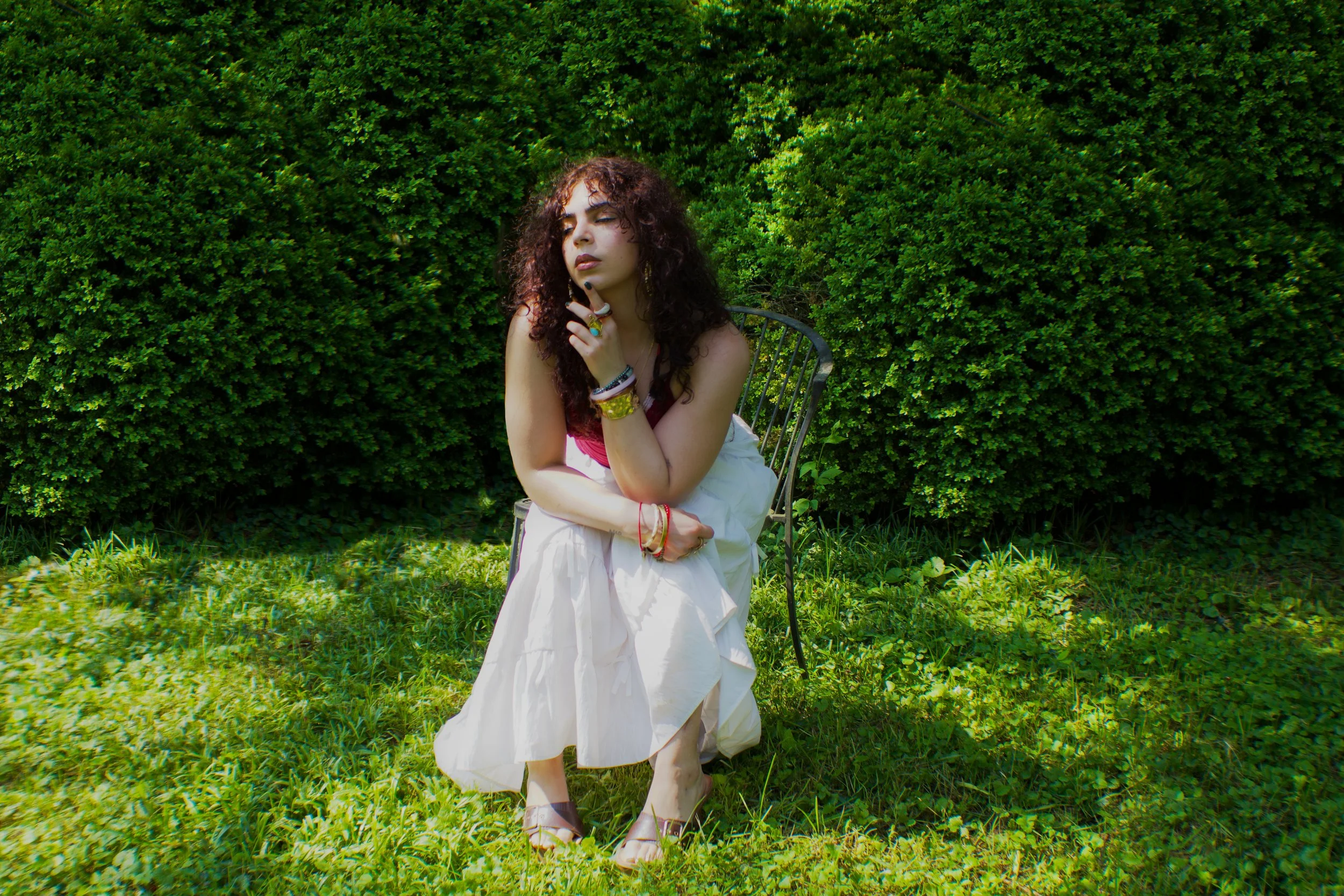
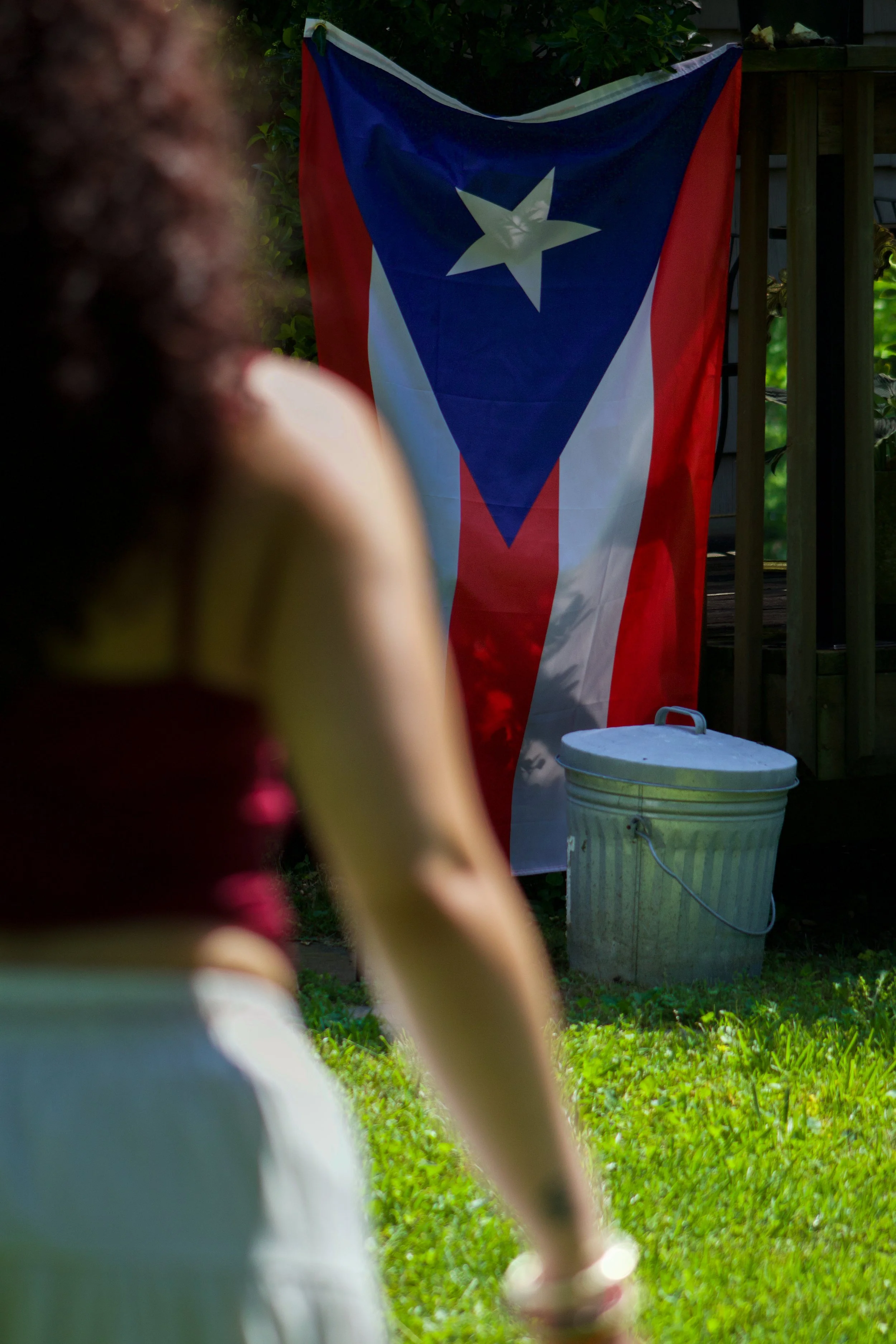

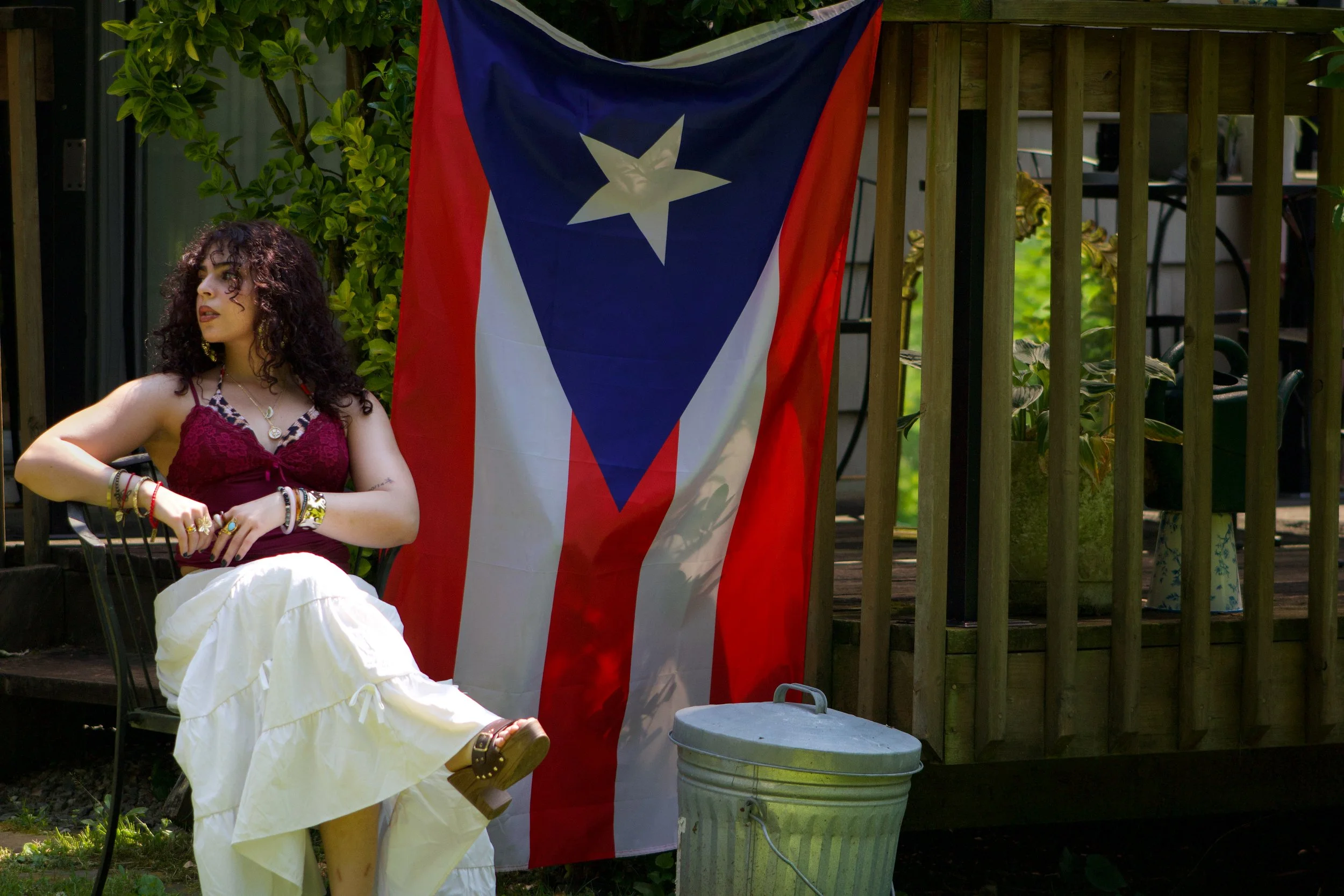
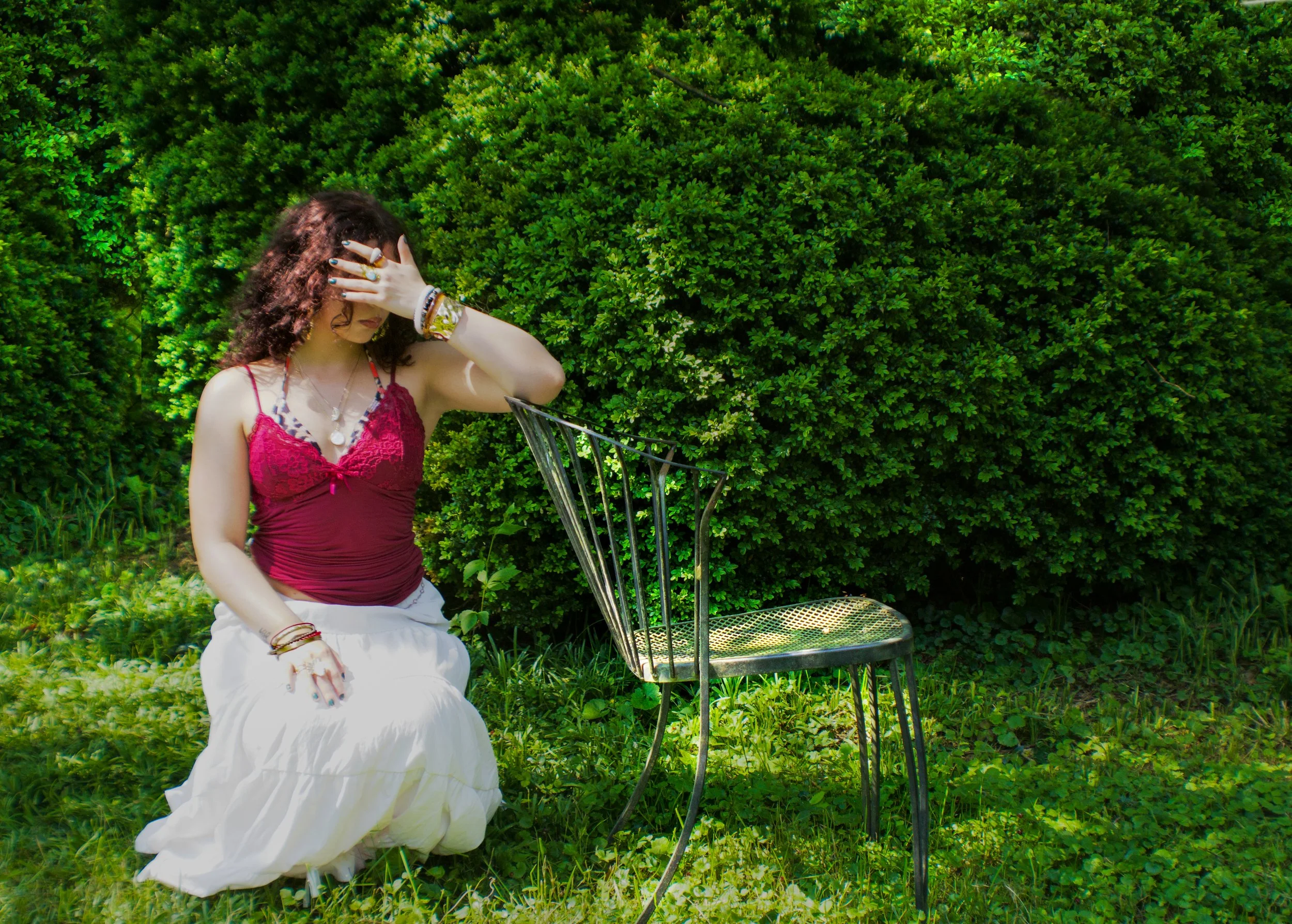
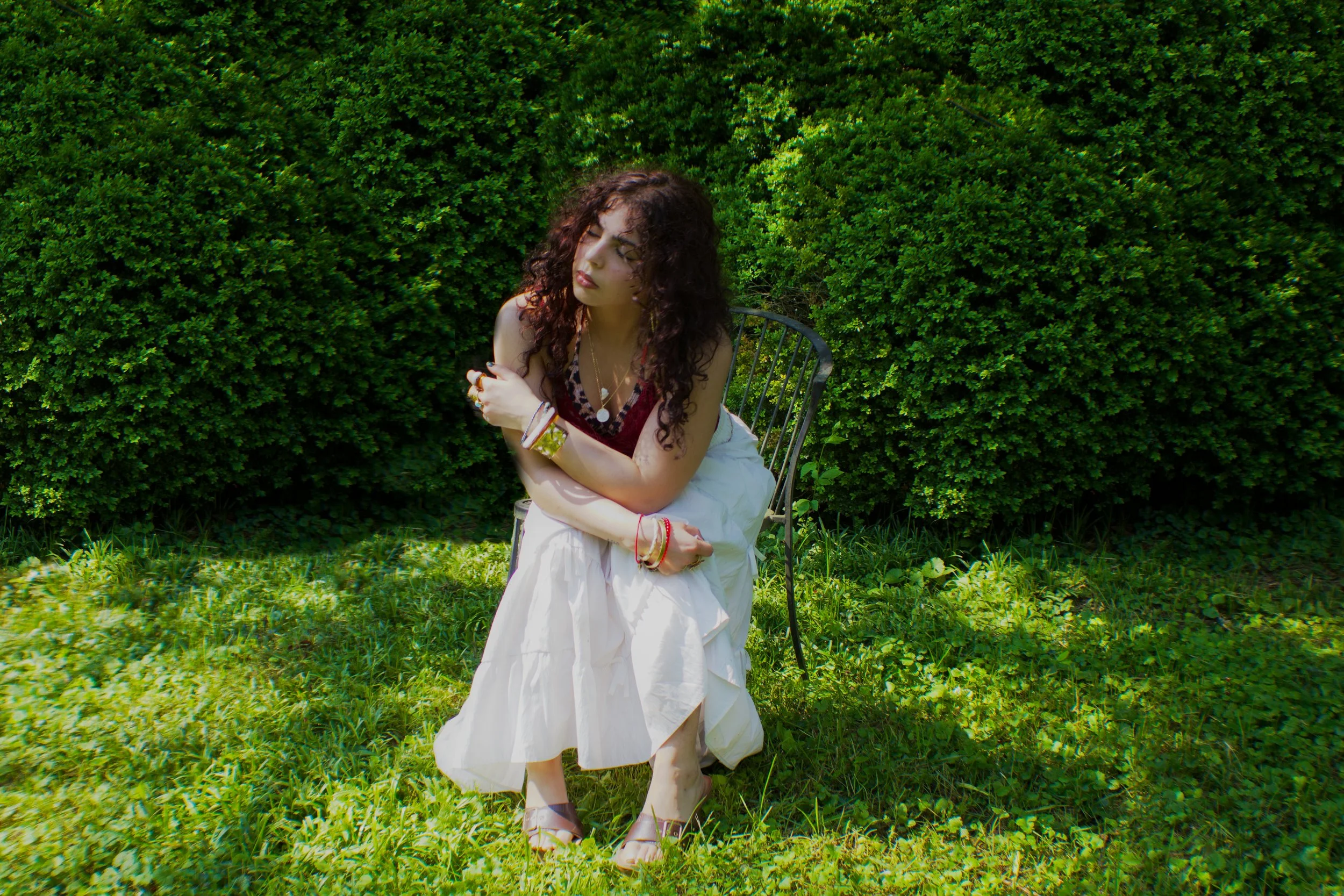
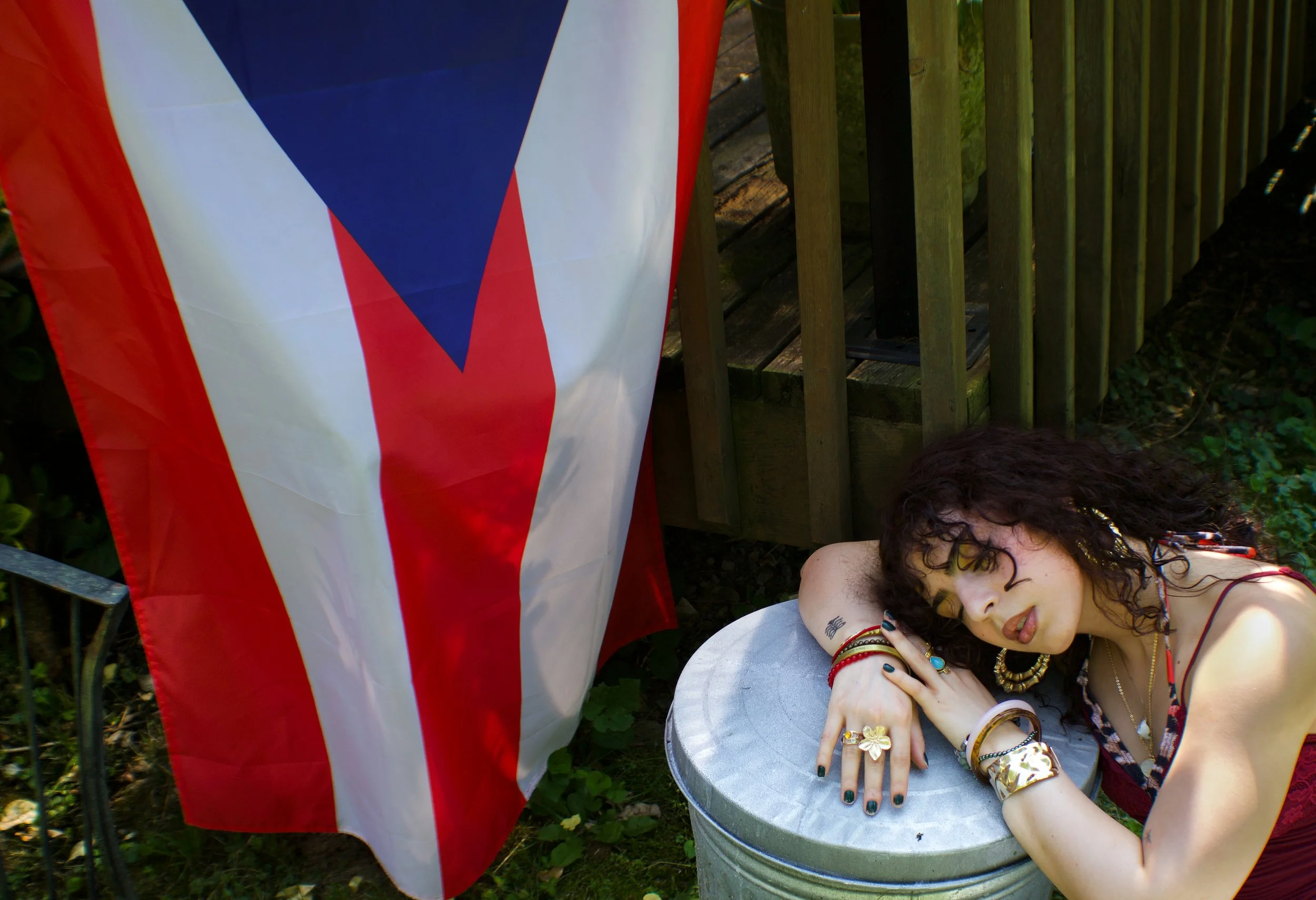
A bit of history:
In 1898, Puerto Rico was colonized by the United States and remains an “unincorporated territory.” While Puerto Ricans are U.S. citizens, we cannot vote in presidential elections and have limited representation in Congress, with decisions often made by distant officials. Recently, the new administration and media followers have disparagingly referred to Puerto Rico as the “floating island of garbage,” even as our rich culture and beautiful landscapes are exploited and sold as tourist attractions.
ICE has increasingly targeted both Puerto Rican citizens and immigrant communities—some detained without warrants—despite protections under the 1917 Jones-Shafroth Act, which granted U.S. citizenship and is supposed to ensure constitutional rights. In response, communities continue to protest, organize, and provide legal aid.
And our fight is global. From Puerto Rico’s colonization to the ethnic cleansing in Congo and Sudan, to the human rights violations in Gaza—silence is not neutrality. It’s complicity.
This is not just a photoshoot. It’s a prayer. A preservation. For my island, and for every colonized, silenced, and exploited land still fighting to breathe.